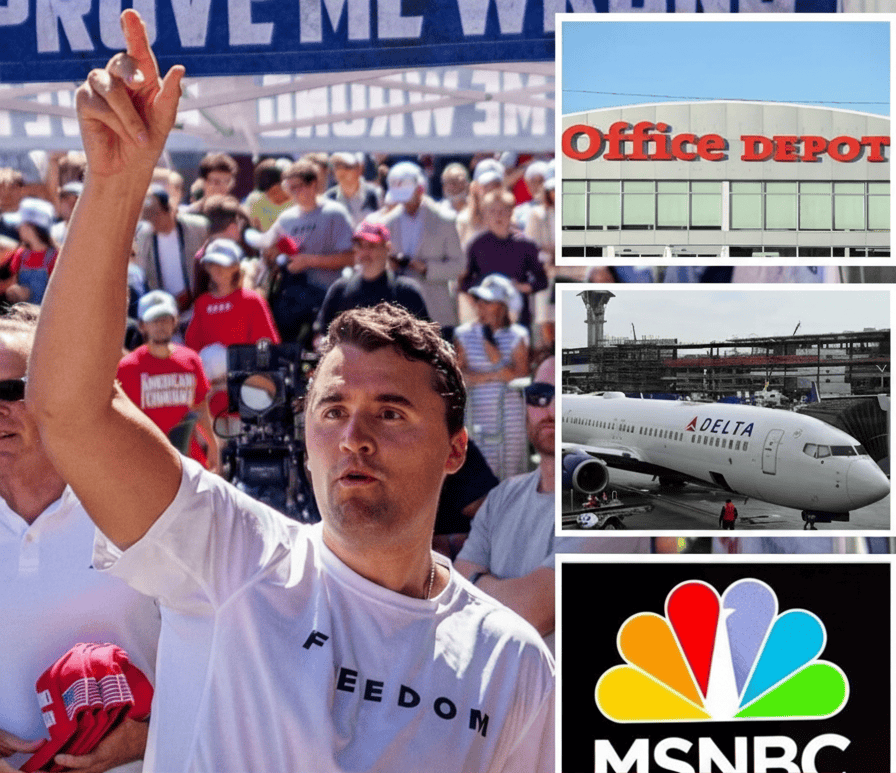Pilots, Teachers, and Health Care Workers Fired After Mocking Charlie Kirk’s Assassination Online as US Companies Crack Down
The fallout from the tragic assassination of Charlie Kirk has reached workplaces across the United States, where companies are moving swiftly to discipline or fire employees who were caught mocking his death online. In the days since the incident, screenshots of social media posts, comments, and even private group chats have surfaced, leading to a wave of firings in industries as varied as education, aviation, health care, and media. The message from employers has been clear: public remarks that celebrate or belittle such a violent tragedy will not be tolerated.
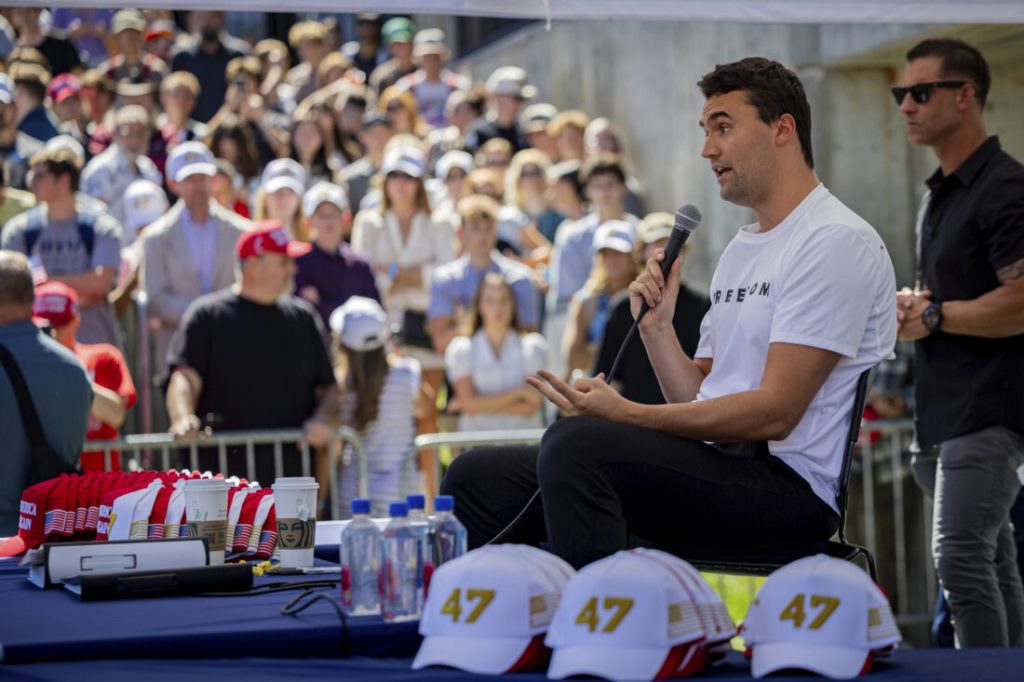
Reports indicate that teachers in several states have been dismissed after parents flagged inappropriate comments they made on Facebook and Twitter. School districts, already cautious about the conduct of staff both in and outside of classrooms, acted quickly to remove individuals whose statements were seen as harmful examples for students. For many parents, it was unthinkable that educators entrusted with shaping young minds would joke about or cheer the assassination of a public figure. The speed of the response highlights just how much schools are trying to protect their reputations and communities in an era where online words carry lasting consequences.
Airline companies have also been drawn into the controversy. Delta confirmed that one of its pilots was terminated after he allegedly posted messages mocking Kirk’s death in a private group chat that was later made public. For a brand that depends heavily on customer trust and safety, the optics of retaining an employee who celebrated a political killing were considered unacceptable. Similar actions have been taken in other sectors, with hospitals parting ways with health care professionals whose comments about the tragedy shocked colleagues and patients alike. The concern among medical institutions has been not only reputational damage, but also the loss of trust between providers and the vulnerable people they care for.
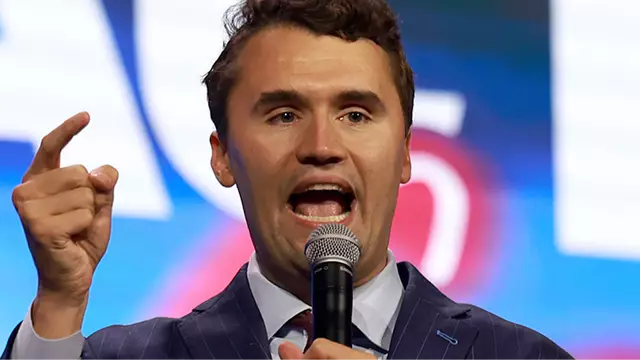
Media outlets have not been immune from the scrutiny either. NBCUniversal and affiliated organizations have quietly reviewed the conduct of staff after reports of inappropriate messages circulated online. Although not all investigations have led to firings, the fact that companies are combing through employee activity underscores the seriousness with which employers are treating the issue. In the digital age, there is little separation between private expression and public accountability. A single screenshot can undo a career built over decades.
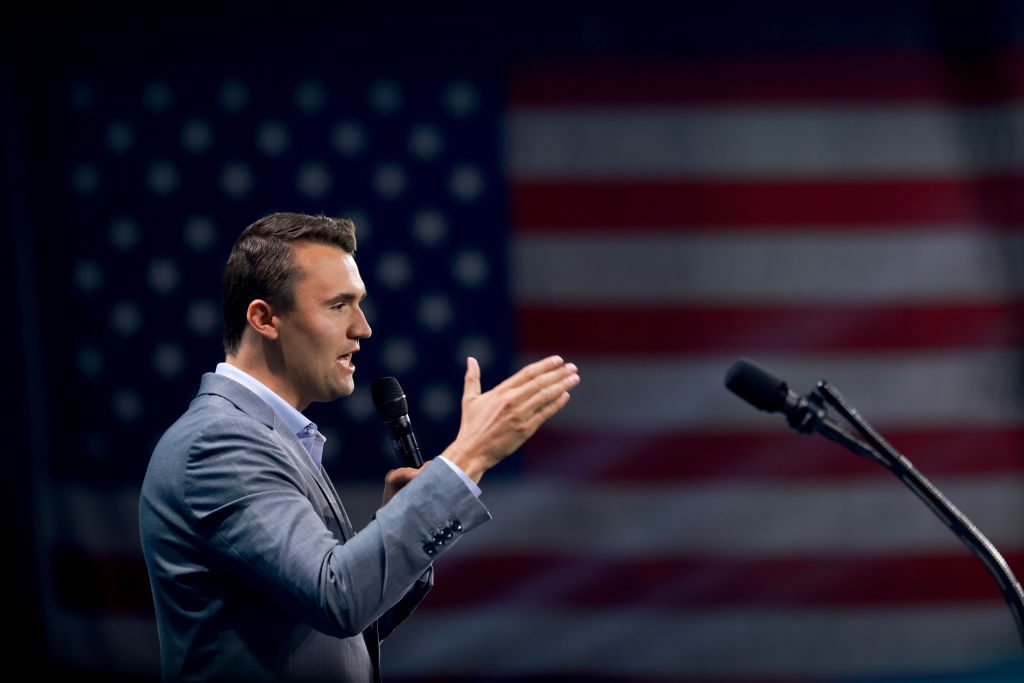
For many of those dismissed, the incident has become a painful reminder of how fast online actions can spiral into real-world consequences. Free speech remains a protected right, but as legal experts have pointed out, it does not shield individuals from employment consequences when their words damage the reputation or values of their workplace. Companies, under pressure from the public and shareholders, are choosing to err on the side of caution.
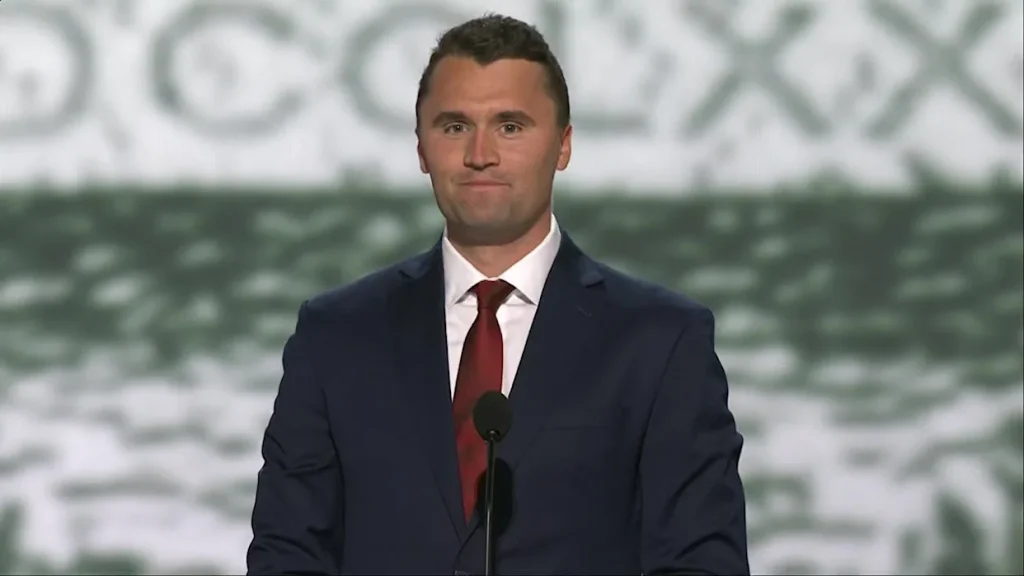
The broader cultural question remains unresolved. Some argue that celebrating or mocking violence should never be acceptable, no matter who the victim is, and that workplaces are right to enforce consequences. Others warn that the line between private opinion and professional conduct is blurring to the point where anyone could lose their livelihood over an ill-considered remark. In the case of Charlie Kirk’s assassination, the speed and severity of the backlash reveal how sensitive and divided the country has become.
As the investigation into Kirk’s death continues, the ripple effects will likely be felt for months to come. For now, companies are drawing a hard boundary, sending the signal that mocking tragedy is a violation of trust that cannot be overlooked. The firings may spark debate, but they also mark a new stage in the conversation about accountability, speech, and responsibility in the digital world.
